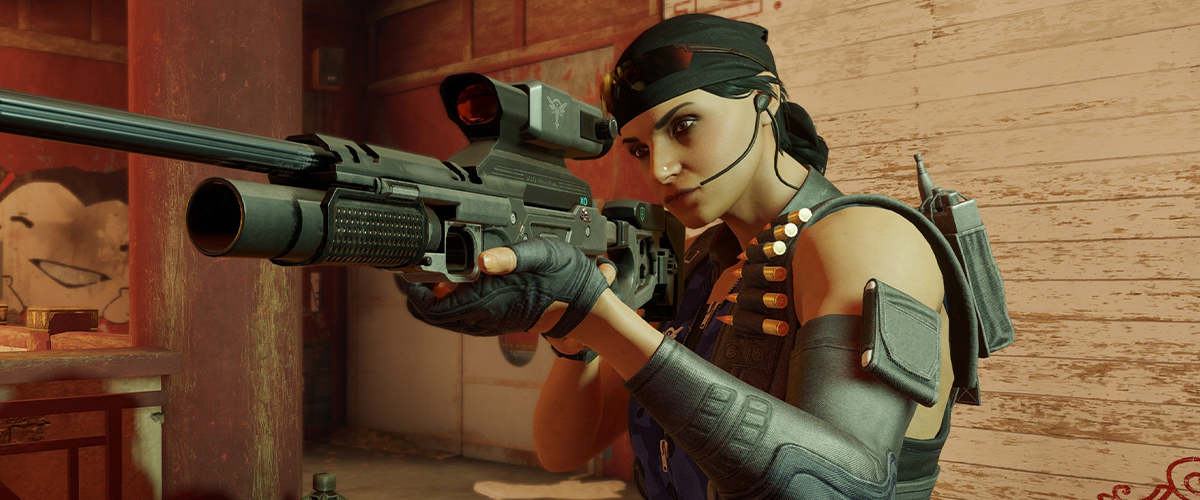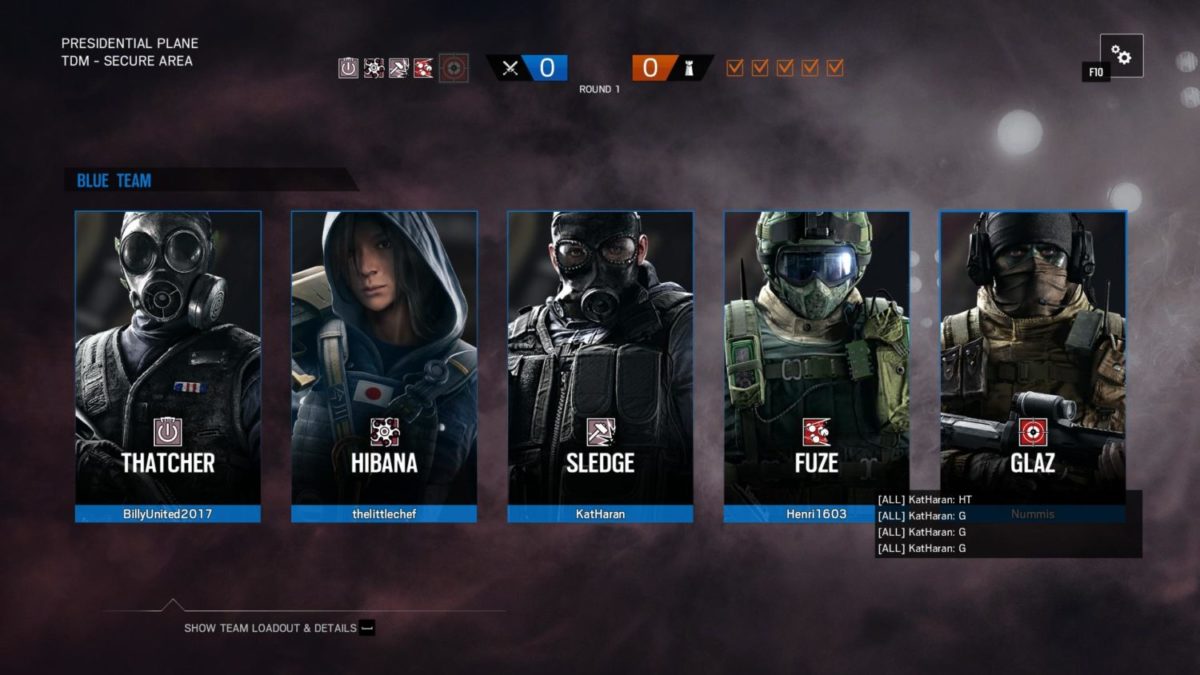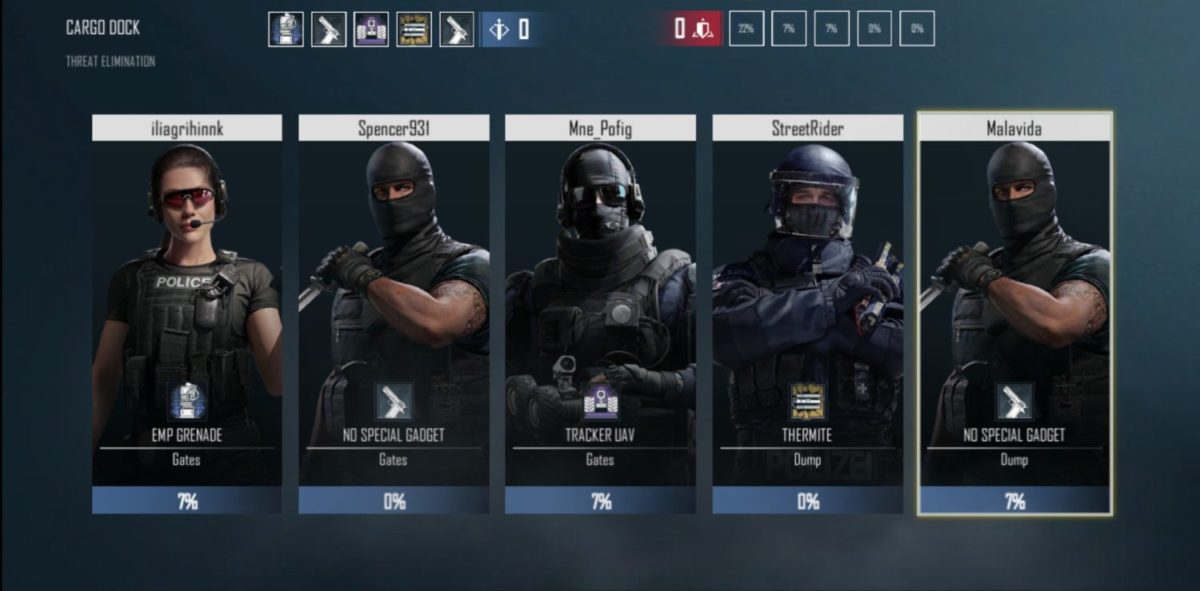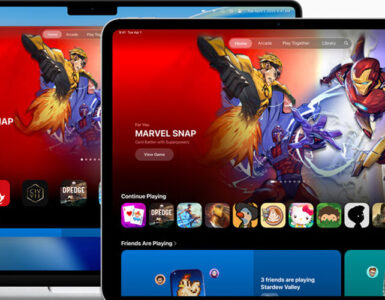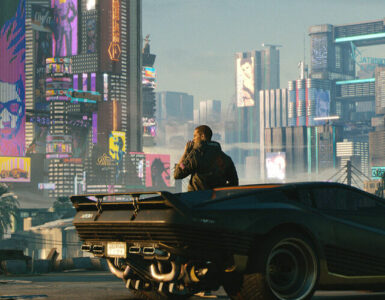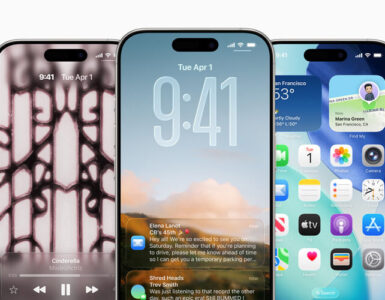- Shares
- 57
The saying “good artists copy, great artists steal” is most certainly a norm in many industries. After all, Disney’s Lion King was essentially Shakespeare’s Hamlet, but the company added lions to it so it became more of an adaptation rather than a direct clone. However, it appears that not everyone gets this memo, including some big names, much to our surprise.
Recently, Apple Inc. and Google LLC have been in the spotlight for the wrong reasons, mainly because they were caught red-handed by Ubisoft for infringing on the copyright of one of its mainline titles: Rainbow Six: Siege.
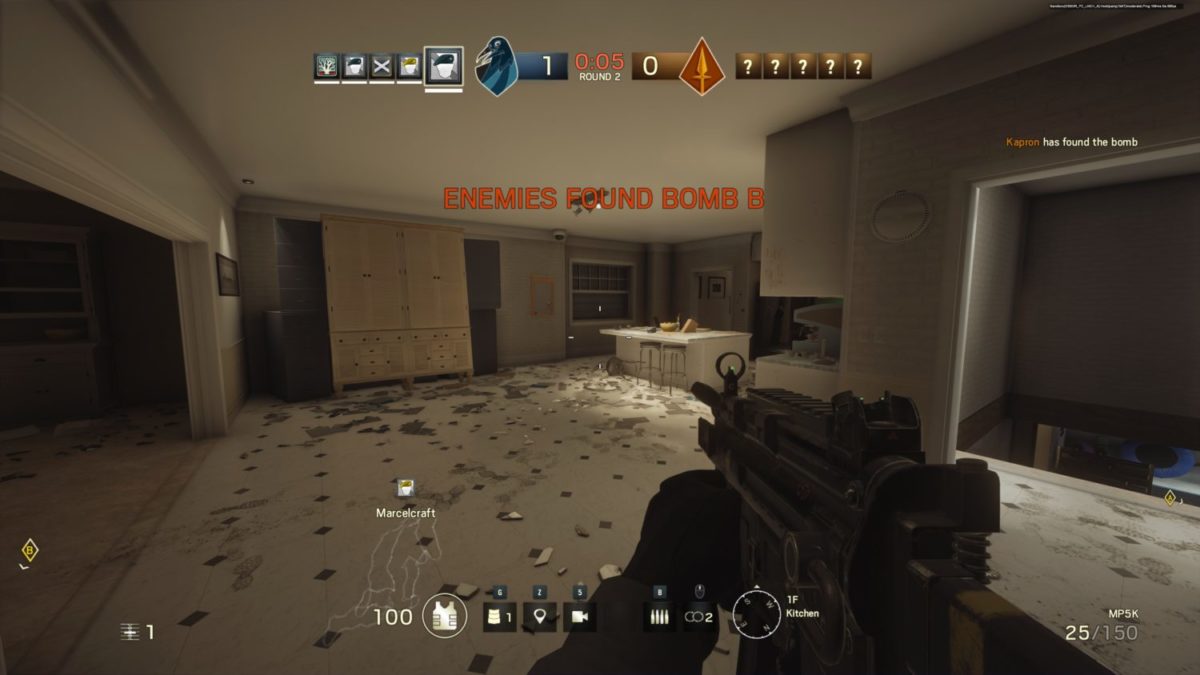
The lawsuit that Ubisoft Entertainment SA issued was on a mobile game called Area F2, which was published on both the App Store and Google Play Store. According to Bloomberg, the game, developed by Alibaba Group Holdings Ltd.’s subsidiary Ejoy.com, was described as a “near carbon copy”, as it shared many features and visual traits present in Rainbow Six: Siege.
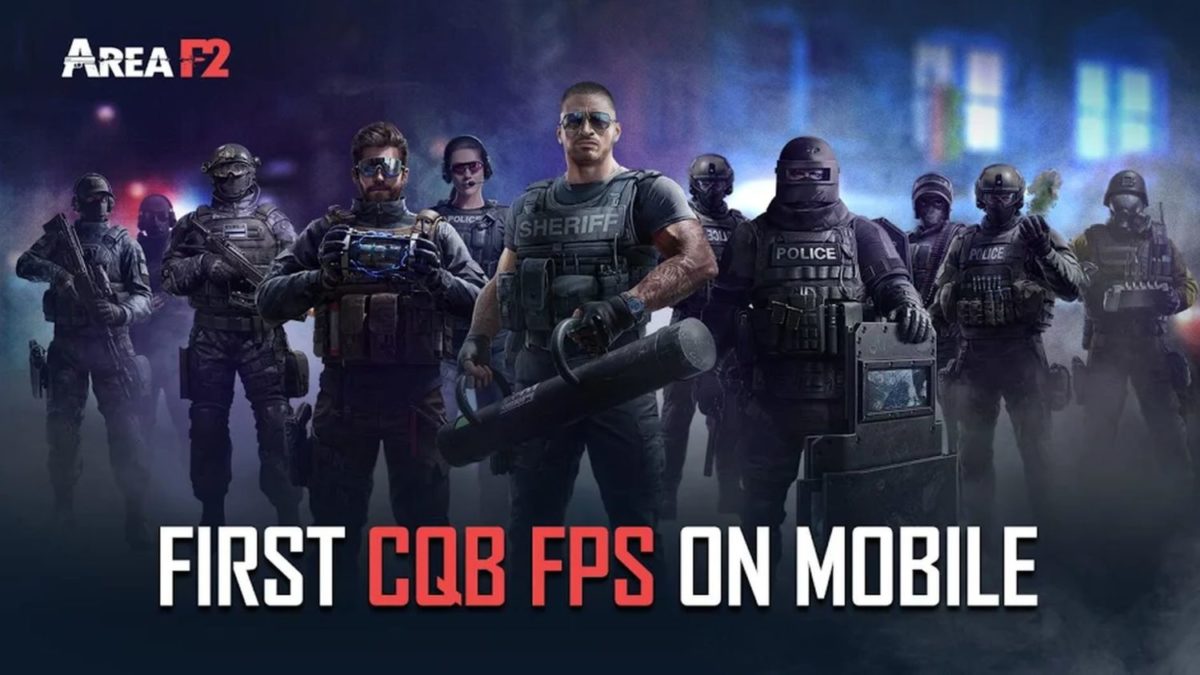
“[Rainbow Six: Siege] is among the most popular competitive multiplayer games in the world, and is among Ubisoft’s most valuable intellectual properties,” said the company in a recent statement. “Virtually every aspect of [Arena F2] is copied from R6S, from the operator selection screen to the final scoring screen, and everything in between.”
Neither Google, Apple, nor Alibaba have responded to the lawsuit, nor have taken the alleged clone game down from their respective app stores. But if anything, they could take a lesson or two from 2019’s World of Warcraft cloning saga as well.
Marion has a serious RPG addiction. Sometimes it bleeds into real life; he forgets to sleep because he thinks he has a Witcher’s body clock. Forgive him in advance if he suddenly blurts out terms such as “Mind Flayer” and “Magic Missile”, because never once does he stop thinking about his next Dungeons & Dragons game.

